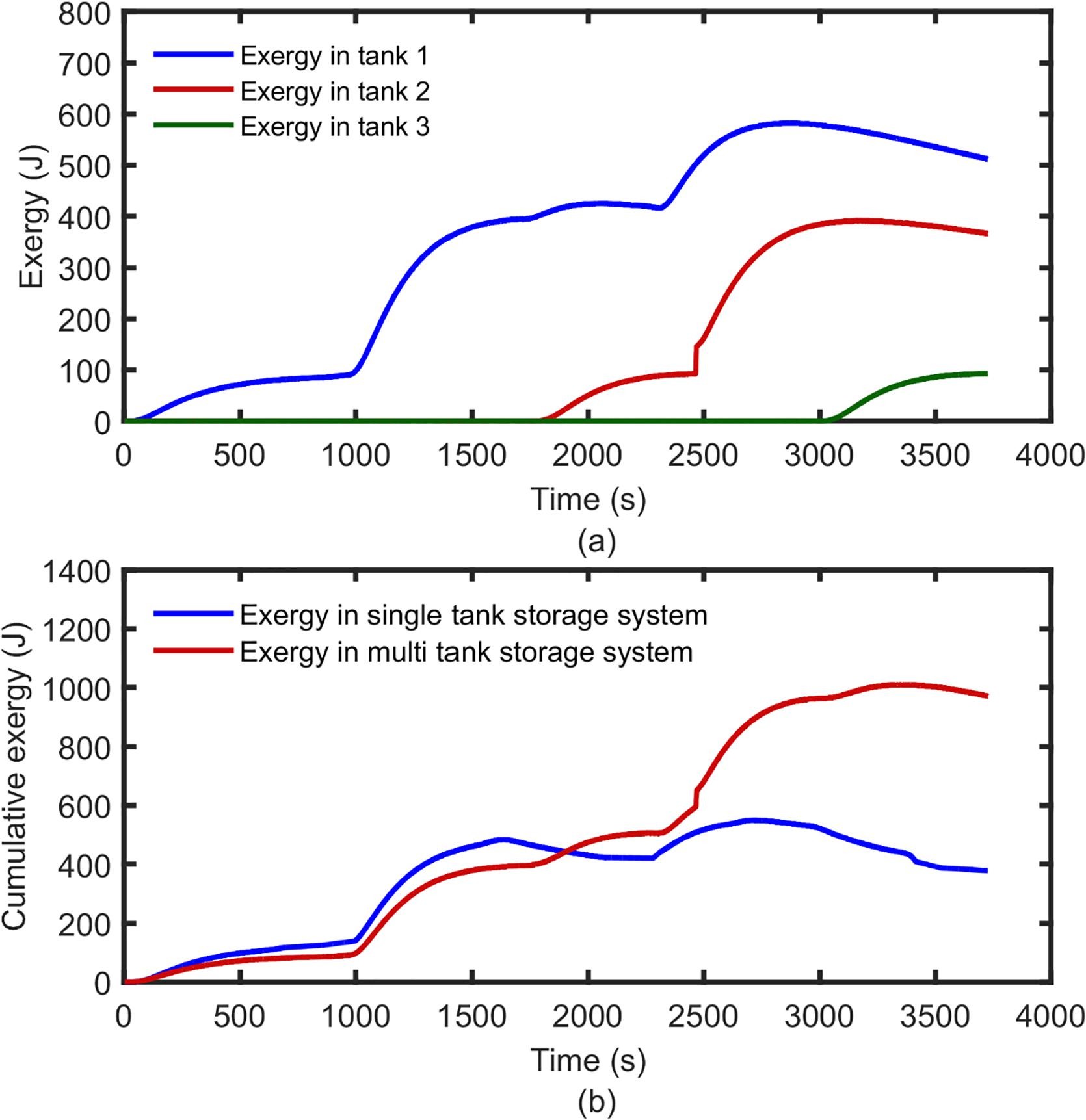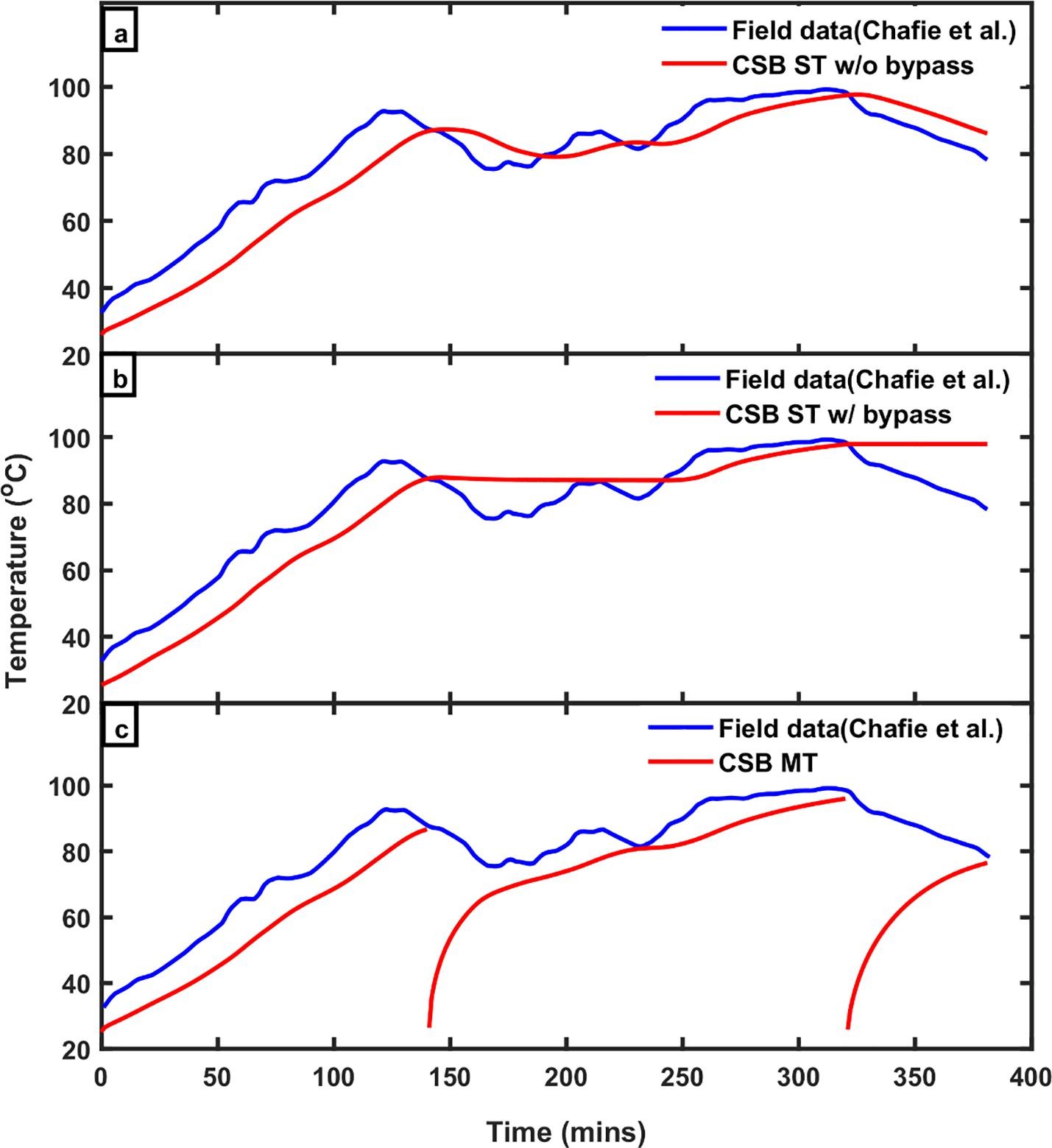Solar Energy Harvesting

Green energy sources are the need of the hour. Sun is such an inexhaustible source of green energy which is accessible from any part of the world. Hence, harvesting solar energy provides the key to mitigate challenges associated with the climate change. Here, in the Energy Storage Systems Laboratory, one primary focus area is efficient harvesting of the sunrays. The unique edge of the group is its expertise in auomated design of heliostat field layouts which are essential for the central reveiver tower, a concentrated solar thermal power generation method. Other than the CRT technology, several aspects of solar thermal field such as high temperature solar receiver, Fresnel-lens based concentrating optics, beam splitting methods for PVT systems etc. are being explored here. Several aspects of photovolatic fields are also being looked at in the group.
Here are few recent publications in the area.


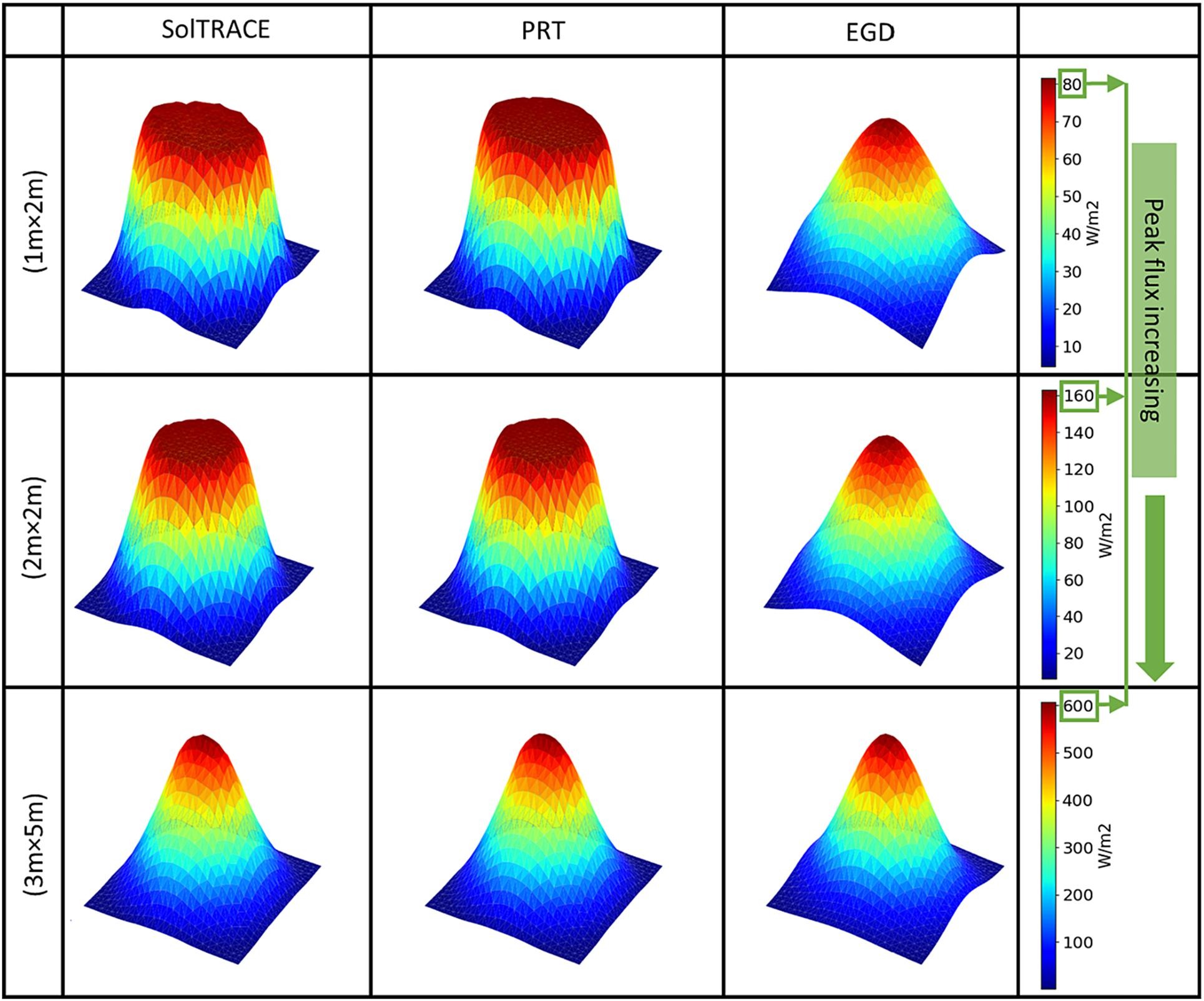
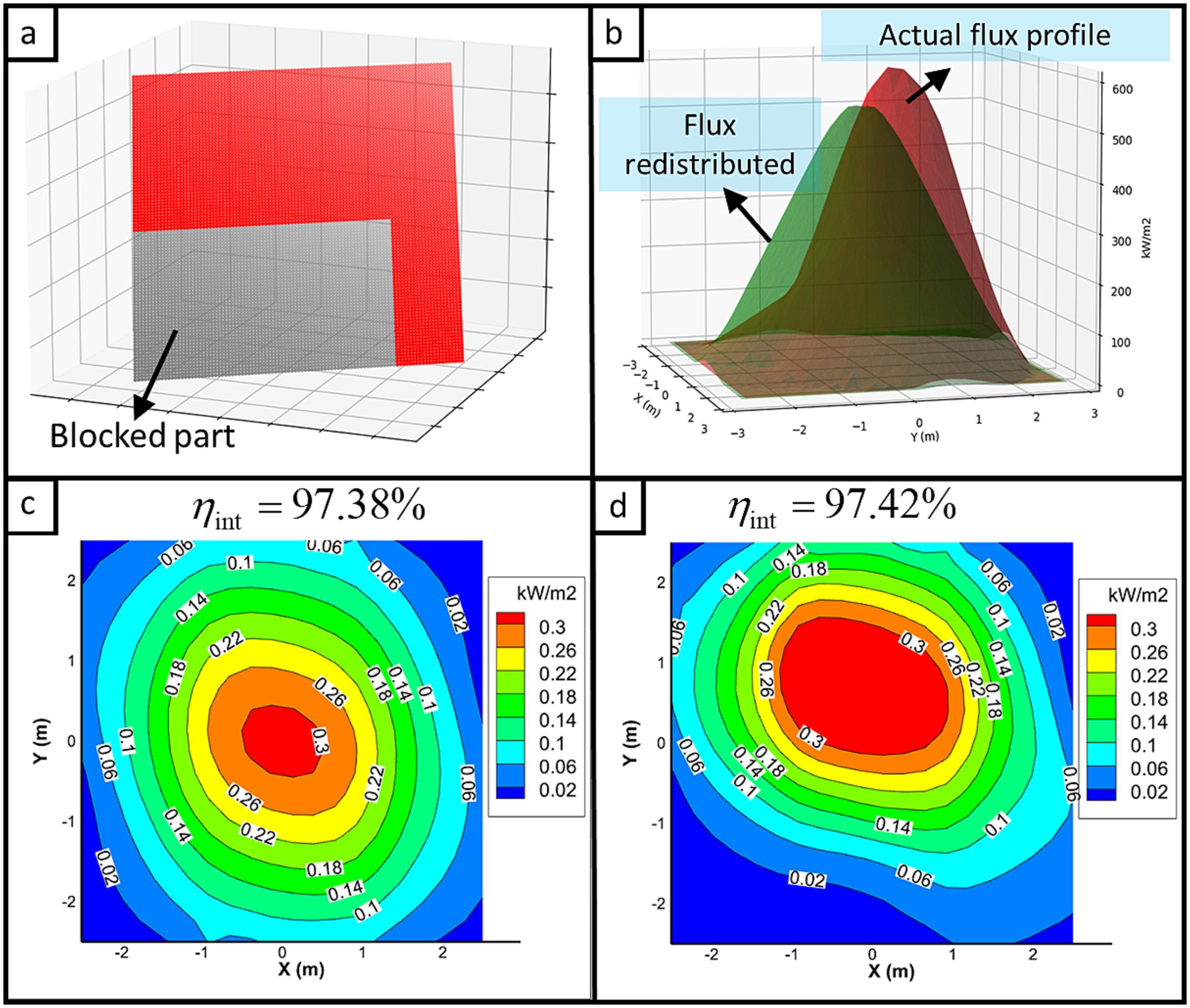







Applications of Solar Energy

Harvesting sunrays for power production is only one part of the solution. The other side of the story is to utilize sunrays directly for applications. ESSL (Energy Storage Systems Lab) is interested in solar desalination, PTC-field design, defect analysis of trough surface, advection-cooled concentrated photovolatic system, thermal comfort through solar heat etc. Recently we have developed a prototype for nano-enhanced solar membrane deslination (NESMD) system.
Here are few recent publications in the area.




























Battery Thermal Management

Storage is an essential part of the new-age energy systems which rely upon renewable sources of energy which are inherently intermittent in nature. Electrochemical energy storage is primarily performed by the batteries. The power trains are also run by heavy duty batteries in an electric vehcile. Overheating due to various abusive conditions is a major challenge for such batteries where thermal runaway can cause serious safety hazard. Therefore, battery thermal management (BTMS) is one major challenge in designing such systems. ESSL group is involved in this field. The state of the art isothermal battery calorimeter is a key experiemntal facility which aids research activity in this area.
Here are few recent publications in the area.



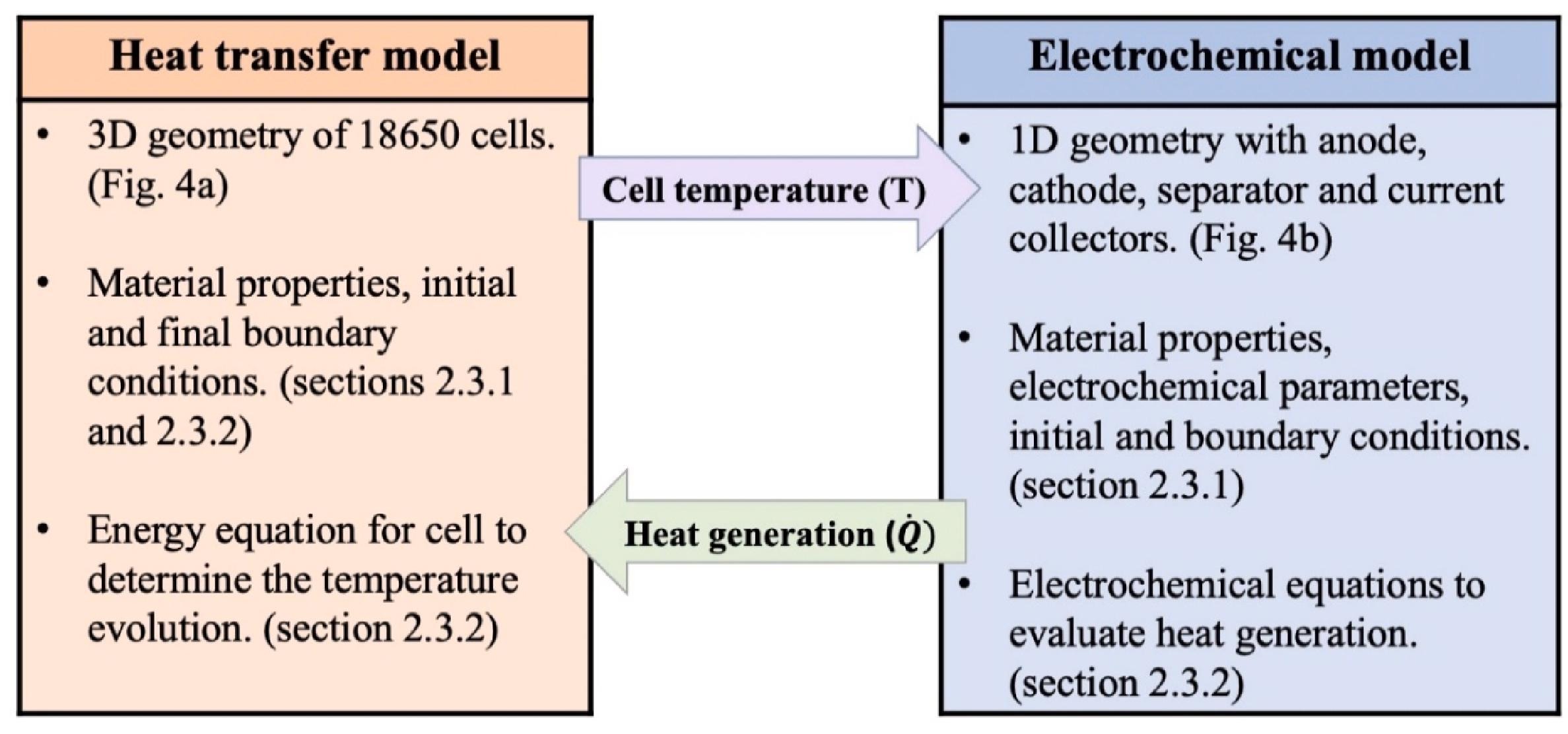






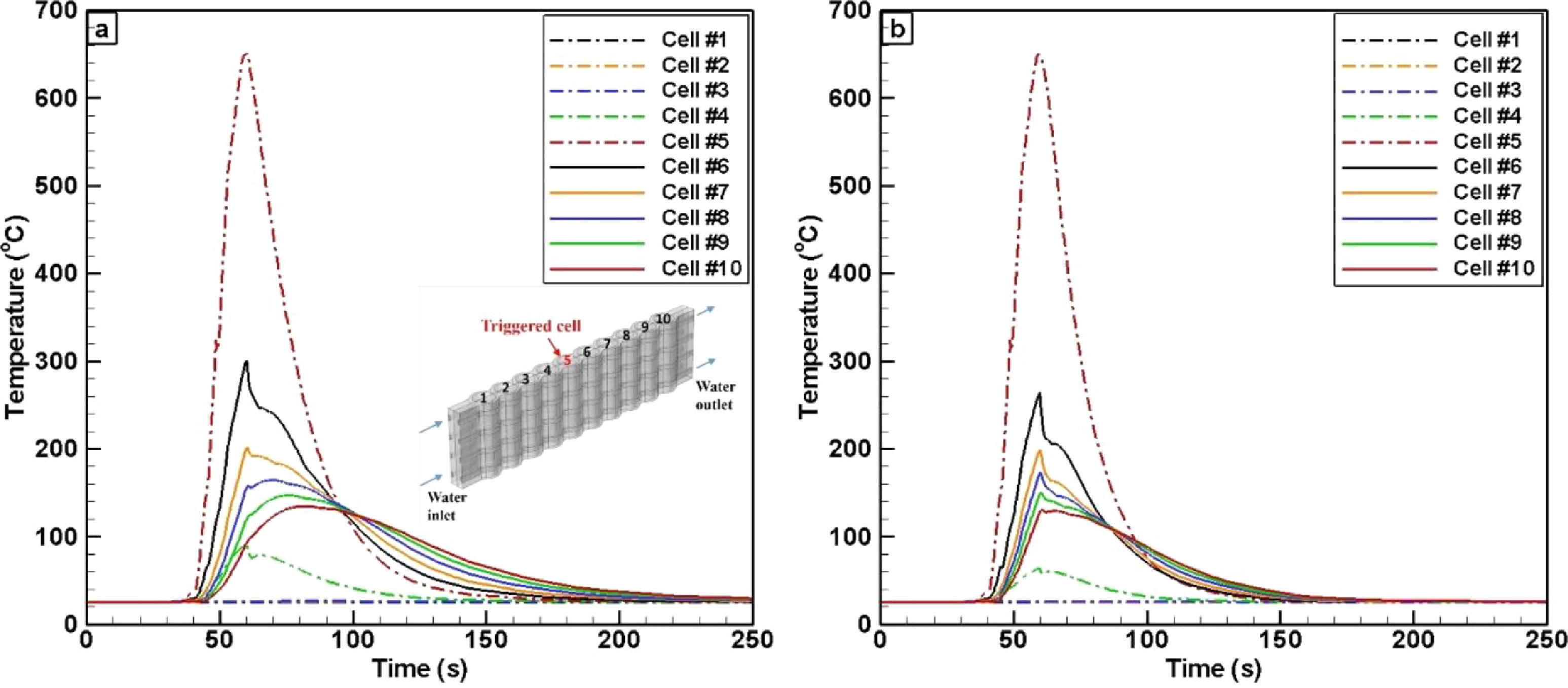
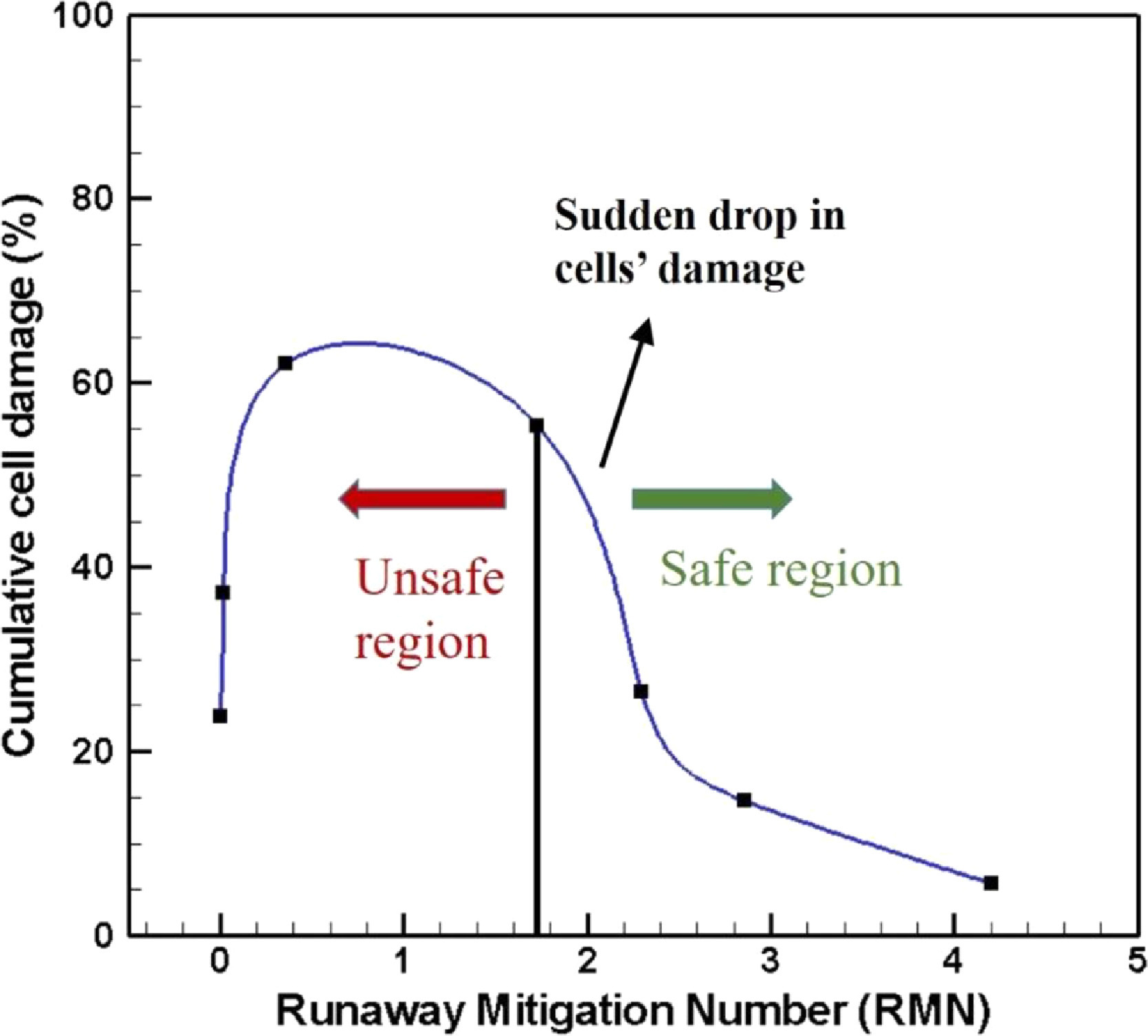
Thermal Energy Storage
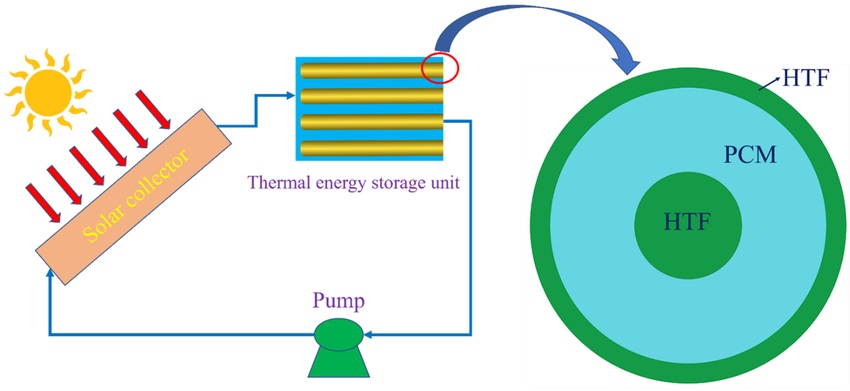
The major issue with the renewable sources of energy is the intermittency of availablity. It makes the storage an inseparable part of the energy system for its stand-alone application. The usual forms of storage are electrochemical and thermal. Thermal storage keeps the excess supply of heat in either sensible or latent heat forms. Here, in our group we explore different possibilities of various thermal storage forms for optimal performance for a given source profile. To develop theoretical tools for analysing such storages is another area our group is interested in.
Here are few recent publications in the area.



